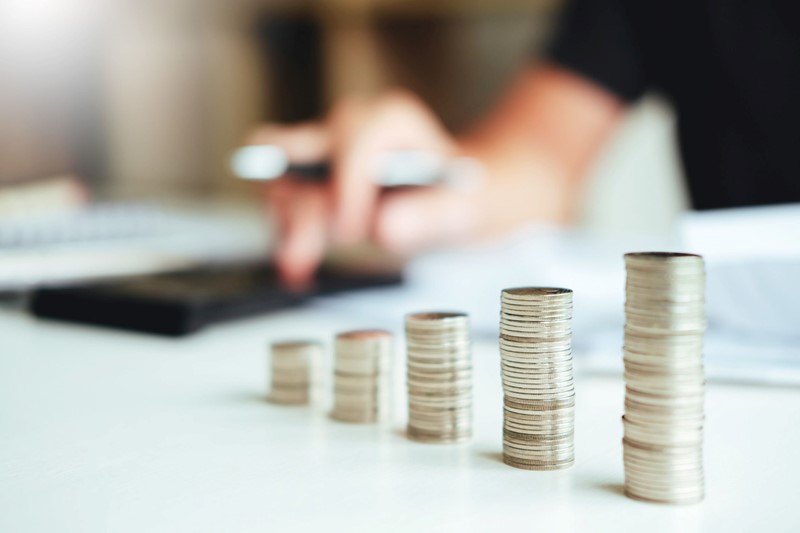

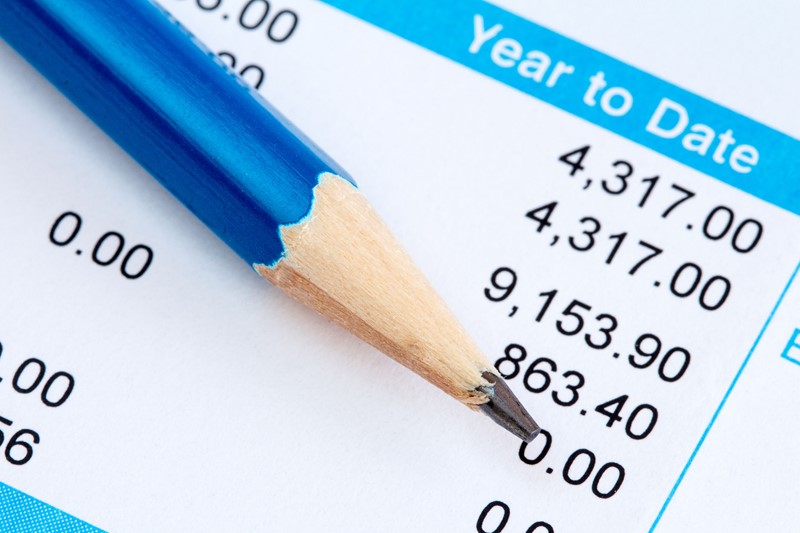
How to interpret your tax code
The letters in your tax code indicate whether you are entitled to the annual tax-free personal allowance. These codes are updated each year and help employers calculate how much tax should be deducted from your salary. For the current and upcoming tax year, the basic...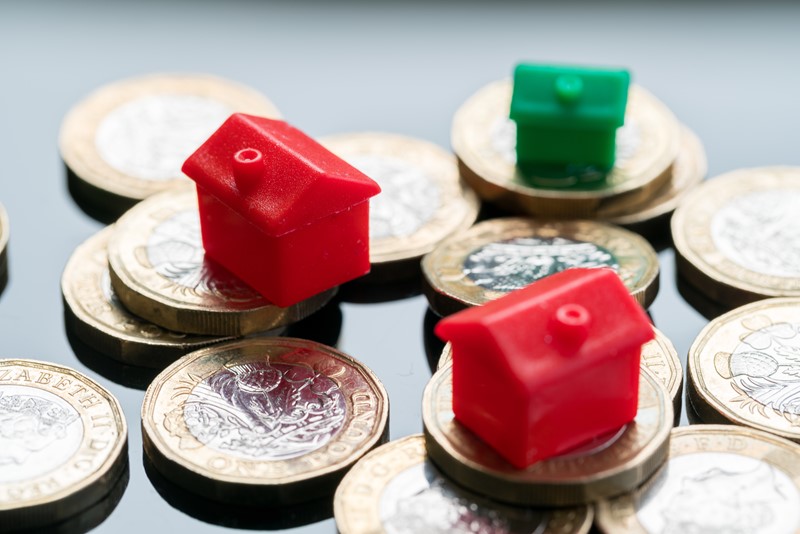
Landlords with undeclared Income
The Let Property Campaign provides landlords who have undeclared income from residential property lettings in the UK or abroad with an opportunity to regularise their affairs by disclosing any outstanding liabilities whether due to misunderstanding the tax rules or...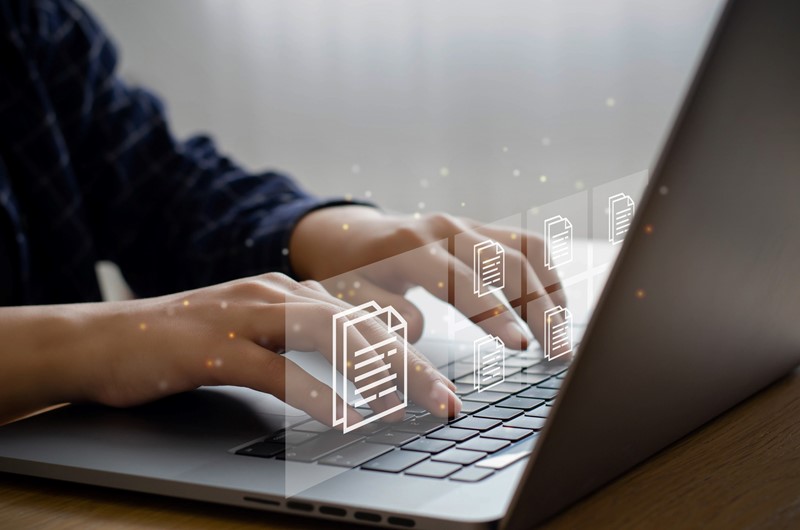
Making Tax Digital – the next step
The mandatory rollout of Making Tax Digital (MTD) for Income Tax is set to begin in April 2026. MTD for ITSA will bring substantial changes to how businesses, self-employed individuals, and landlords interact with HMRC. The system will require them to register, file,...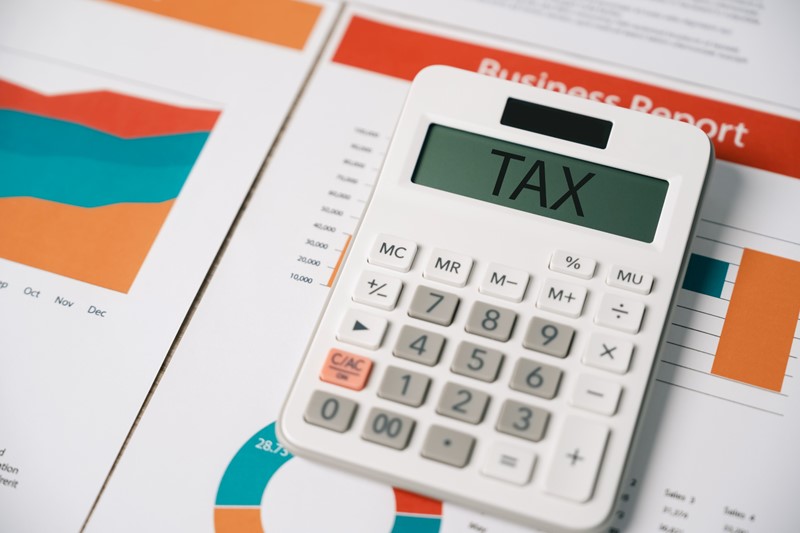
How to claim a tax refund
If you believe you have overpaid tax to HMRC, you can typically claim a tax refund for the excess amount. The process for making a claim varies depending on factors such as whether you submit a self-assessment return and how much time has passed since the tax was...